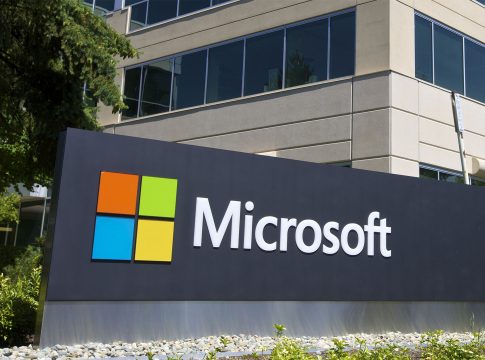Microsoft Shifts Employee Evaluation to AI Utilization: A New Era of Workforce Expectations
A Formal Push for AI Integration
In a recent internal memo from Julia Liuson, the Corporate Vice President of Microsoft’s Developer Division, the tech giant is signaling a significant shift in how it evaluates its workforce. According to reports from Business Insider, Microsoft managers are now being instructed to assess employees based on their integration and usage of AI tools. This bold move aims to make AI proficiency a core expectation across all roles, similar to skills like collaboration and effective communication.
Liuson’s memo makes it crystal clear: “AI is now a fundamental part of how we work.” By emphasizing the importance of AI, Microsoft aims not only to enhance productivity but also to provide employees with a better understanding of the tools they are developing.
Navigating Challenges of Adoption
While the logic behind this decision is clear, there’s an underlying concern. Employees may perceive this directive as an enforced mandate rather than a motivational incentive—especially given the mixed reception surrounding Microsoft’s AI tools. The company’s Copilot feature, for instance, has faced scrutiny related to its controversial Recall function, which uses constant screenshots to help users access prior activities, raising alarms about privacy and security.
The Backlash Against Copilot
Microsoft’s Copilot—a tool designed to streamline productivity—has struggled to gain traction among users. As of now, Copilot boasts only 33 million active users compared to the staggering 400 million for ChatGPT. Many Microsoft users have labeled Copilot as "bloatware," expressing frustration over its default installation in Windows 11. The sentiment boils down to a general feeling among users: “We don’t want AI forced upon us.”
This friction comes at a time when companies are increasingly advocating for AI adoption, creating a dichotomy between corporate goals and user preferences. The backlash surrounding tools like Copilot indicates that while AI is intertwined with the future of work, acceptance may require more than just top-down mandates.
The Road Ahead for Microsoft
As Microsoft confronts these challenges, it faces the dual task of encouraging employees to embrace AI tools while also addressing the public’s apprehensions. The roadmap ahead may involve not just enhanced features but also transparent communication about security and functionality.
Concluding Thoughts
With AI becoming indispensable in the workspace, the pressure is on Microsoft to lead by example and also to listen to its base. Striking the right balance will be critical not just for internal adoption but for maintaining user trust in an era where technology often outpaces societal comfort levels. As we navigate these rapid changes, one thing is apparent: the future of work will soon require not just proficiency, but a strong willingness to adapt to AI technologies.

Writes about personal finance, side hustles, gadgets, and tech innovation.
Bio: Priya specializes in making complex financial and tech topics easy to digest, with experience in fintech and consumer reviews.

